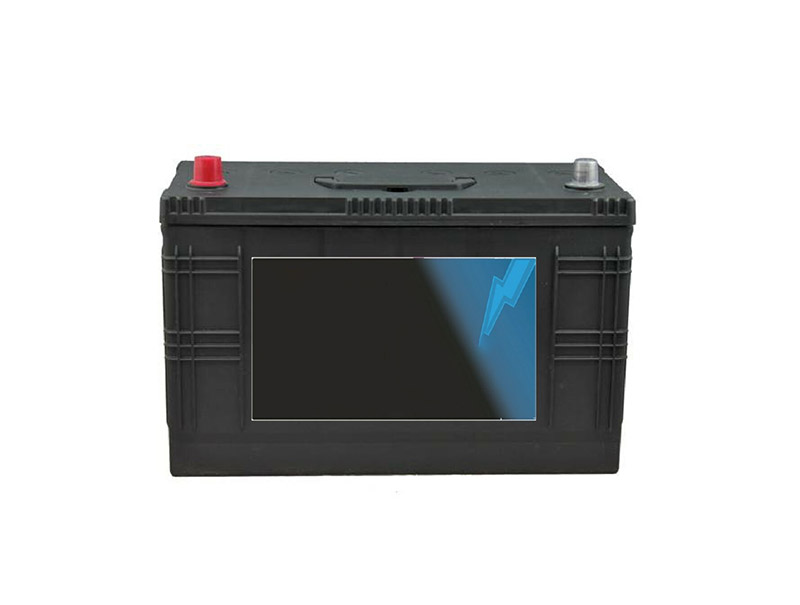In the world of industrial equipment, vehicle fleets, and even electric tractors, batteries are the lifeblood that powers operations. As mechanics, understanding battery maintenance is crucial for ensuring equipment reliability, longevity, and performance. From electric forklifts to tractors, regular battery care helps prevent downtime, reduces replacement costs, and keeps machines running efficiently. In this guide, we’ll cover essential tips and best practices for battery maintenance, drawing on industry standards and practical insights to help you maintain optimal battery health.
Understanding Battery Types and Their Maintenance Needs
Different types of batteries—lead-acid, lithium-ion, nickel-cadmium, and more—each have unique maintenance needs. Knowing the type of battery you’re working with is key to applying the correct maintenance practices. Lead-acid batteries, for instance, require more frequent checks and maintenance due to their electrolyte levels, while lithium-ion batteries are generally more self-sufficient but benefit from monitoring charge cycles and temperatures. Familiarizing yourself with the specific battery type allows for targeted maintenance that prolongs battery life and improves performance.
Regular Cleaning and Inspection
Dirt, dust, and corrosion are some of the most common enemies of battery health. Regularly cleaning the battery surface and connections prevents corrosion build-up that can affect performance and lead to electrical shorts. Use a mixture of baking soda and water to gently clean terminals and cables, and check for any signs of rust or damage. Cleaning should be a regular part of battery maintenance, as a clean battery operates more efficiently and is less prone to malfunctions. For lithium-ion batteries, while they don’t require as much cleaning, it’s still essential to inspect them regularly for any swelling or unusual wear.
Monitoring Electrolyte Levels in Lead-Acid Batteries
For lead-acid batteries, maintaining the right electrolyte levels is essential. Low electrolyte levels can lead to battery damage and reduced capacity. Make it a habit to check electrolyte levels at least once a month, and always use distilled water when topping off. Avoid overfilling, as this can cause electrolyte leakage and reduce battery efficiency. Proper electrolyte maintenance prevents over-discharge and maintains cell health, resulting in longer battery life. Be sure to follow safety procedures, including wearing protective gloves and goggles, when handling electrolytes.
Charging Best Practices for Prolonged Battery Life
Proper charging is one of the most effective ways to extend battery life and performance. For lithium-ion batteries, avoid fully discharging them, as this can shorten their lifespan. Instead, aim to keep the charge between 20% and 80% whenever possible. Lead-acid batteries, on the other hand, should be fully charged after each use, as partial charging can lead to sulfation, which diminishes battery capacity. Using a smart charger or a charger designed for the specific battery type is also recommended to prevent overcharging and undercharging. Make sure the battery is charged in a well-ventilated area to avoid overheating.
Temperature Control: Why It Matters for Battery Health
Batteries are sensitive to extreme temperatures, and both high and low temperatures can impact battery performance and lifespan. Excessive heat speeds up chemical reactions, leading to quicker wear, while freezing temperatures can reduce battery capacity. Keep batteries in a controlled environment whenever possible and avoid exposing them to direct sunlight or sub-zero conditions. If equipment must operate in extreme temperatures, consider insulating the battery compartment or using a cooling fan for lithium-ion batteries. Temperature control not only prolongs battery life but also ensures reliable performance in all weather conditions.
Avoiding Deep Discharge and Overcharging
One of the most common battery maintenance issues mechanics encounter is damage caused by deep discharge or overcharging. Deep discharge can cause lead-acid batteries to lose their ability to hold a charge, while overcharging can lead to overheating and cell damage. For lithium-ion batteries, it’s best to avoid draining the battery completely, as this can impact their performance. Use chargers with automatic shut-off features to avoid overcharging and ensure that operators are trained in proper charging procedures to minimize the risks associated with deep discharge.
Implementing a Regular Battery Maintenance Schedule
Creating and following a regular battery maintenance schedule is essential for keeping batteries in top condition. This schedule should include periodic cleaning, electrolyte checks, charging practices, and inspections for wear or damage. Tracking battery health over time can provide insights into when a battery may need replacement or specific repairs. A battery maintenance log allows mechanics to monitor performance trends and address any emerging issues before they escalate. Preventative maintenance saves time, minimizes unexpected breakdowns, and reduces long-term costs by extending battery life.
Storing Batteries Properly During Off-Seasons
For seasonal equipment like tractors or forklifts that aren’t used year-round, proper battery storage is vital. Batteries should be stored fully charged in a cool, dry place, ideally away from direct sunlight or extreme temperatures. If using lead-acid batteries, remember to check electrolyte levels periodically while in storage. For lithium-ion batteries, keep the charge at around 50% if storing for an extended period. Disconnecting batteries from equipment can also prevent discharge over time. Proper storage practices ensure that batteries remain healthy and ready for use when the season begins.
_____________________
Battery maintenance is a critical aspect of ensuring the longevity and efficiency of industrial equipment. Regular cleaning, proper charging, temperature control, and a disciplined maintenance schedule all contribute to maximizing battery life and performance. By implementing these best practices, mechanics can help reduce costs, prevent breakdowns, and keep equipment operating smoothly. As battery technology continues to evolve, staying informed and adopting proper maintenance practices will be essential for keeping up with the demands of today’s industrial applications. With attention to detail and preventative care, you’ll ensure your batteries remain reliable and efficient for the long haul.

Leave a Reply